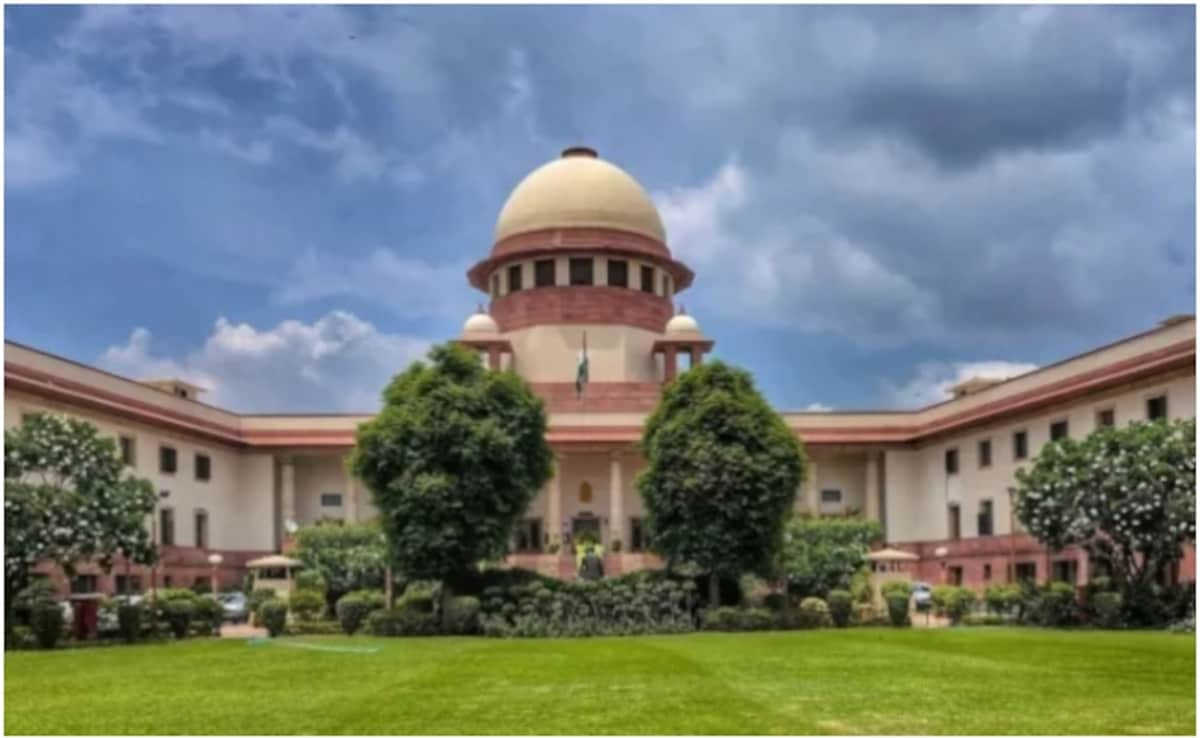The Supreme Court on Thursday upheld the validity of Section 6A of the Citizenship Act, which recognised the Assam Accord, but one of the judges of the bench gave a dissenting judgment. The five-judge Constitution Bench comprising Chief Justice of India DY Chandrachud, Justices Surya Kant, MM Sundresh, Manoj Misra and JB Pardiwala were on the bench which allowed refugees from Bangladesh who entered India between 1966 and 1971 to seek Indian citizenship.
In his dissenting judgment, Justice Pardiwala held that the provision has become invalid with the passage of time. Laying out his reasoning, the judge said that Section 6A failed the test of temporal unreasonableness and that even if it was valid when it was included in the Citizenship Act in 1985, it was no longer so with the "efflux of time".
READ | Big Supreme Court Ruling On Citizenship Of Immigrants In Assam Before 1971
"Section 6A has acquired unconstitutionality with the efflux of time. No temporal limit for its applicability also weighs in and all the burden on the state to detect and deport also adds to it…The section has solely contributed to the influx of illegal immigrants into Assam. Section 6A does not align with Articles 6 and 7 of the Constitution as the crucial difference is that the onus of registration under Article 6 lies on the person (who is a foreigner) and not the State, but under 6A it falls on the State," Justice Pardiwala said.
Articles 6 and 7 of the Constitution deal with the rights of migrants to India from Pakistan and to the country from India. During the period considered under Section 6A, Bangladesh was known as East Pakistan.
"Section 6A, in the absence of any temporal limit to its application, with the efflux of time, is counter-serving the object with which it was enacted. The mechanism does not permit an immigrant of the 1966-1971 stream to voluntarily seek citizenship and such an immigrant has to wait indefinitely for a reference to be made to the foreigner's tribunal. Similarly, in the absence of any specified date for availing the benefit of citizenship under Section 6A(3), the object of expeditious deletion of immigrants from the electoral roll is not met," the judge said.
Justice Pardiwala said Section 6A recognised a political settlement and was meant to pacify the people of Assam that the inclusion of people who had come into the state between 1966 and 1971 would not impact the elections which were due in the state.
"The legislature could have simply conferred deemed citizenship to anyone who entered before 1971. But the very fact that a statutory category was created from 1966 to 1971, subject to a stricter condition (no voting rights for 10 years) would mean that conferment of citizenship was not the only objective and it was in fact to pacify the Assam people that such inclusion would not impact the then upcoming elections in the State," he said.

